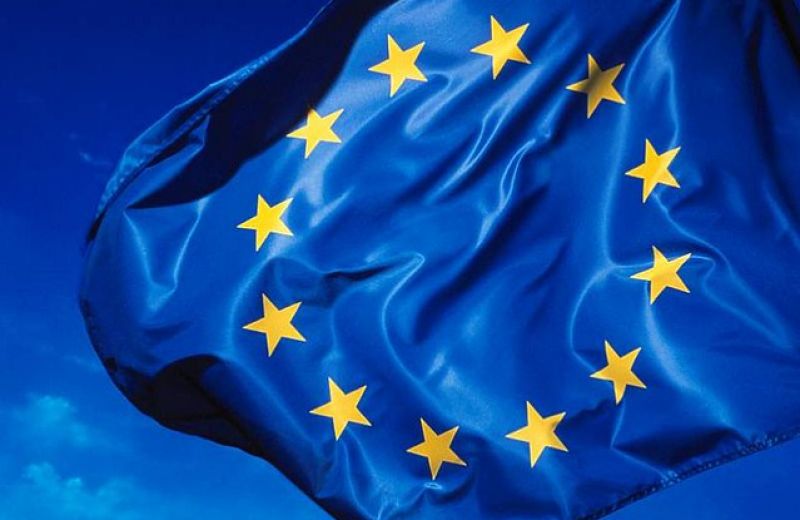 Policy Papers and Reports
/ Israel and Europe
Policy Papers and Reports
/ Israel and Europe
The EU is examining how to respond to a possible Israeli annexation in the West Bank. One of the measures reportedly under consideration is to limit Israel’s participation in the EU’s “Horizon” research and development (R&D) program scheduled for renewal in 2021. This might be a significant blow to Israeli R&D, which has enjoyed substantial EU grants in recent years through the previous phase of the “Horizon” program. This paper provides background about the “Horizon” program and its importance for Israel.
A. What is the “Horizon” Program?
• “Horizon” is the world’s biggest publicly funded research and development program in terms of budget and number of participating states. The seven-year Horizon 2020 program launched in 2014 provided funding of some €80 billion. Grants under the follow-up seven-year “Horizon Europe” program are expected to total over €100 billion.
• Participants include the EU’s 27 member states, the UK and 16 additional states (among them Israel, Switzerland, Norway, Turkey, Georgia, and Ukraine). In 1996, Israel was the first non-European state to join the program since its 1984 launch.
• To be eligible for program funding, R&D institutes from several countries form consortiums and submit research proposals in accordance with the program’s calls for proposals. Leading specialists in each field evaluate the proposals and grants are allocated in accordance with their professional decisions.
B. Why Is Participation in “Horizon” Important for Israel?
• Government officials and experts have for years described Israel’s participation in the EU’s R&D programs as being of strategic importance for Israel in strengthening and advancing research, development and innovation. It enables cooperation among research, industry, high-tech and academic groups from various states in all major study areas, from the basic research level, through applied research, and all the way to development and product enhancement.
• As of the end of 2019, the acceptance rate of Israeli proposals submitted to the “Horizon” program reached 13.5 percent of all proposals submitted, higher than the 11 percent European average. This reflects, both domestically and externally, the Israeli excellence and leadership in research, development and innovation.
• Participating states are expected to cover their respective part of the “Horizon” program budget. They can reimburse the investment back (and possibly more) through winning research grants. Within the framework of FP7, the predecessor of “Horizon 2020”, Israel contributed €535 million from 2007 to 2013 and received grants at the sum of €875 million. Israel has invested some €1 billion in “Horizon 2020”, receiving to date €1.2 billion in grants (the total is expected to increase by the time the program ends).
• Participation in “Horizon” also benefits Israel in non-quantifiable terms: (1) Opportunities to develop significant international cooperation, strengthen Israeli research capabilities, and build knowledge and advanced technologies; (2) Development of economic ties and a business presence in Europe, Israel’s largest trade partner and natural research partner; (3) EU research grants are a high-level expression of trust in a project and could help attract foreign investment; (4) Formulating research proposals and setting them in motion creates jobs, economic growth and innovation, contributing to Israel’s competitiveness, which, in turn, affects economic performance.
C. What Are the Implications of Curtailing Israel’s Terms of Participation
in the “Horizon” Program?
• Preventing Israeli participation in “Horizon Europe” over the coming seven years does not require a consensus decision by all EU member states. The program can bypass the veto power used by certain EU states to scuttle measures deemed critical of Israel, which require full consensus. That is why measures related to the R&D program are under consideration in response to Israeli West Bank annexation moves.
• Preventing or curtailing Israeli participation in the “Horizon Europe” program would deal a severe blow to Israeli research, industry and academia. It would undermine Israel’s international cooperation and its access to research infrastructure (e.g., specialized labs and facilities) and scientific databases. In a broader context, it would mark a significant setback to Israel’s relationship with the EU.
• In 2013, ahead of the “Horizon 2020” launch, the EU published new guidelines that forbade Israeli entities beyond the 1967 Green Line’s eligibility of benefiting from program grants. The Israeli government opposed these guidelines and considered not joining “Horizon 2020”. This set off a storm among academic and research bodies in Israel that feared being left out of this vital program. The government, realizing the extent of the potential loss and the risk it was taking, relented and joined the program on the EU’s terms.


